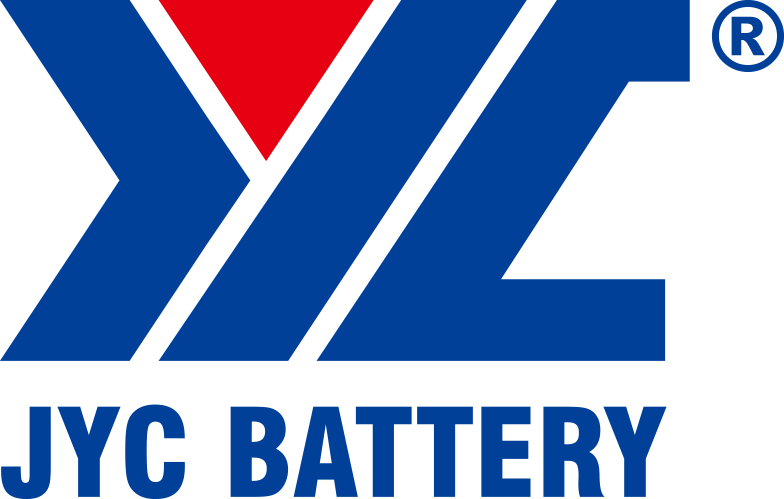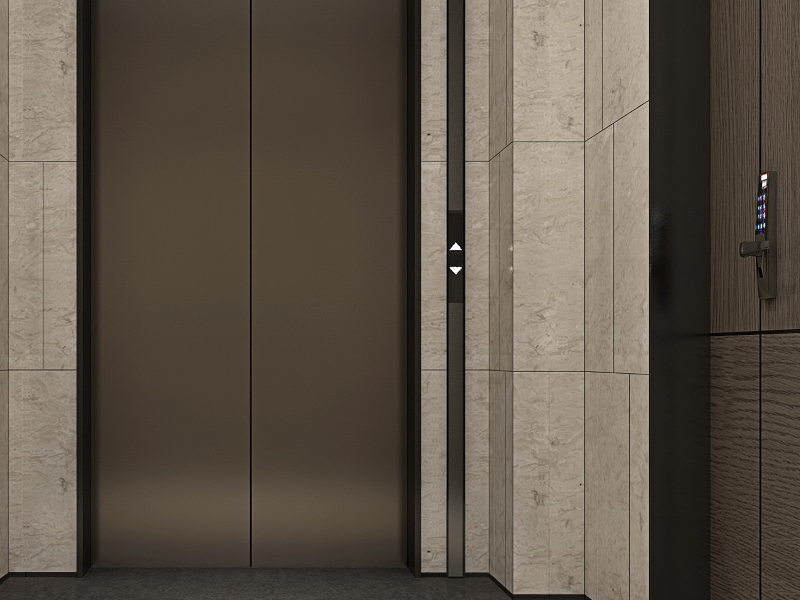Lifts, also known as elevators, are a ubiquitous feature in modern buildings, enabling us to move between floors with ease and convenience. While the primary source of power for elevators is typically electrical energy supplied by the building’s grid, there are certain situations where battery systems come into play. In this article, we will explore the types of batteries used in lifts and the crucial role they play in ensuring elevator safety and functionality.
The Importance of Elevator Batteries
Elevators are expected to perform reliably and safely at all times. However, power outages or electrical failures can disrupt their operation, potentially leaving people stranded inside or outside of the elevator. To mitigate such risks and to ensure that elevators can function during emergencies, backup power systems are crucial. These backup systems often rely on batteries to provide the required energy to operate the elevator safely and return passengers to the nearest floor.
Types of Batteries Used in Lifts
Lead-Acid Batteries:
Lead-acid batteries have been a popular choice for elevator backup power systems for many years. They are known for their reliability and relatively low cost. These batteries come in various sizes and capacities to match the needs of different elevators. They store electrical energy in the form of chemical reactions between lead dioxide and sponge lead in a sulfuric acid solution. Lead-acid batteries are capable of providing the necessary power to run an elevator during short-term outages, allowing passengers to exit safely.
Nickel-Cadmium (NiCd) Batteries:
Nickel-cadmium batteries have also been used in elevator backup systems due to their reliability and durability. NiCd batteries are known for their long cycle life and tolerance to high-temperature environments. These qualities make them well-suited for elevator applications, as elevators often operate in enclosed spaces with fluctuating temperatures. NiCd batteries can deliver a consistent and reliable power supply, even during extended power outages.
Lithium-Ion Batteries:
In recent years, lithium-ion batteries have gained popularity as backup power sources for elevators. These batteries are known for their high energy density, lightweight design, and fast charging capabilities. Lithium-ion batteries offer an advantage in terms of space efficiency, making them a viable choice for elevators with limited space for battery installation. While lithium-ion batteries offer many benefits, their adoption in elevators often depends on local regulations and safety considerations.
Safety and Regulations
Safety is paramount when it comes to elevator batteries, as the consequences of failure can be dire. Elevator systems are subject to strict safety regulations and standards to ensure their proper functioning, including their backup power systems. The type of battery used in a lift must adhere to these standards and be capable of providing power for a specific duration in the event of a power outage.
It’s crucial for building owners and maintenance personnel to regularly inspect and maintain elevator batteries to ensure they are in optimal working condition. In some regions, batteries may also need to undergo periodic load testing to verify their capacity and performance.
Conclusion
Elevator batteries are a critical component of modern lift systems, providing a reliable source of backup power in case of electrical outages. The choice of battery technology depends on various factors, including the elevator’s size, location, and the applicable safety regulations. Lead-acid, nickel-cadmium, and lithium-ion batteries are all suitable options, with their own advantages and considerations.
Ultimately, the safety and reliability of elevator batteries play a vital role in ensuring the smooth and secure operation of elevators, which are essential for transportation and accessibility in today’s urban landscape. The continuous evolution of battery technology promises even more efficient and sustainable options for elevator backup power systems in the future.


